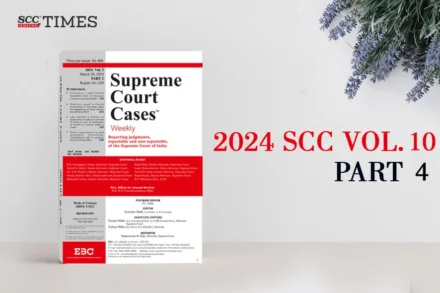
2024 SCC Vol. 10 Part 4
Arbitration and Conciliation Act, 1996 — Ss. 11(6) and 37: Setting aside of order setting aside award, by Court exercising jurisdiction under

Arbitration and Conciliation Act, 1996 — Ss. 11(6) and 37: Setting aside of order setting aside award, by Court exercising jurisdiction under
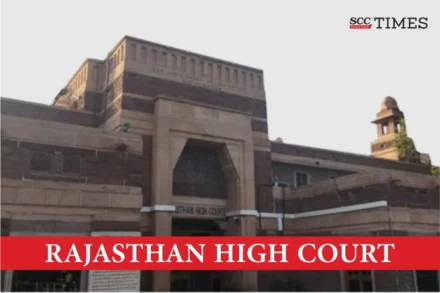
“Right to health is an essential component of human dignity, and it is the responsibility of the government to ensure that this right is protected and promoted for all individuals who are citizens of the nation.”
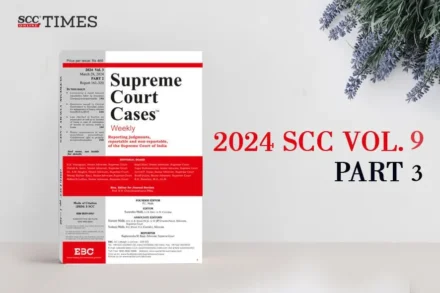
Arbitration Act, 1940 — S. 29 — Interest on interest or compound interest: Post award interest on interest awarded is not grantable
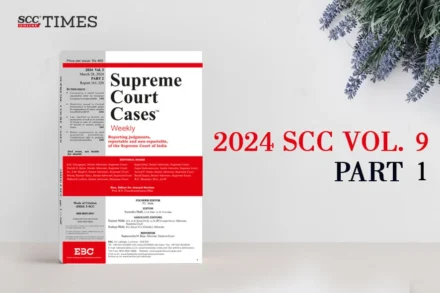
Civil Procedure Code, 1908 — Or. 7 R. 11(d) — Suit or application whether barred by limitation — When no limitation provided for — Power
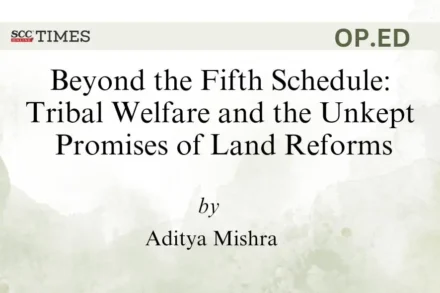
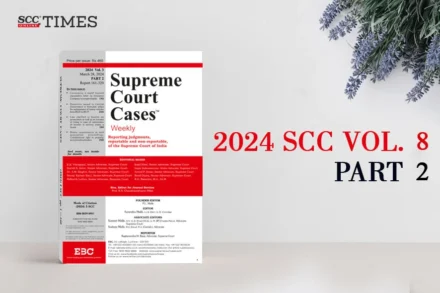
Constitution of India — Art. 21 and Pt. III — Bail — Power of constitutional courts to grant — Scope of: Restrictive bail provision
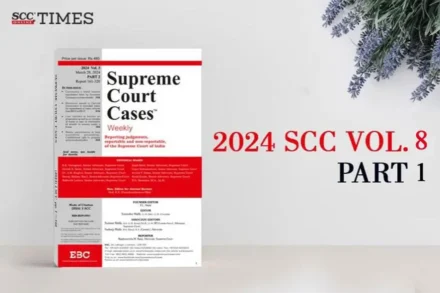
Civil Procedure Code, 1908 — S. 11 — Res judicata — Applicability between co-defendants — Conditions
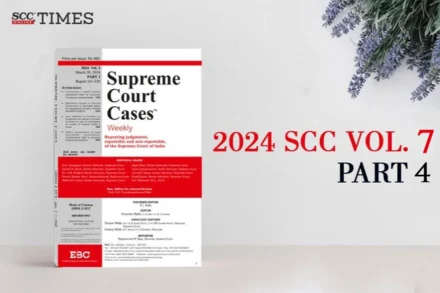
Constitution of India — Art. 141 — Decision on question of sentence: Decision on question of sentence can never be regarded as
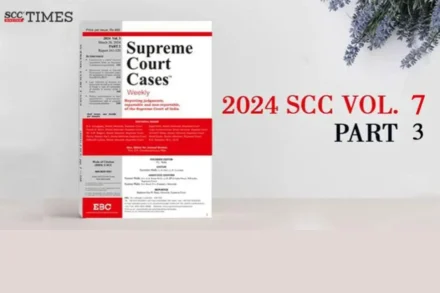
Constitution of India — Arts. 141 and 142 — What is binding — “Law declared by Supreme Court” — Doctrine of merger
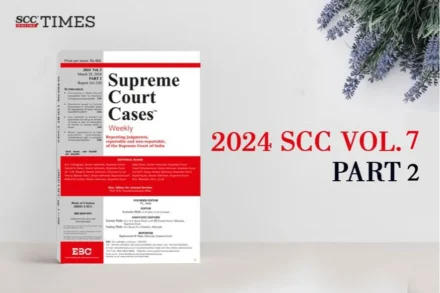
Arbitration and Conciliation Act, 1996 — S. 34(3): Limitation period under S. 34(3) for filing petition challenging arbitral award is considered
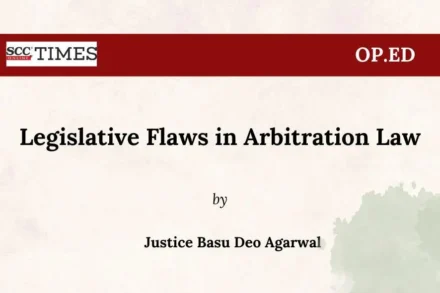
by Justice Basu Deo Agarwal*
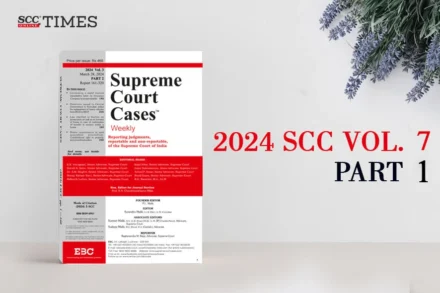
Arbitration and Conciliation Act, 1996 — S. 32(2)(c) and S. 25(c) — Power of Arbitral Tribunal under S. 32(c)
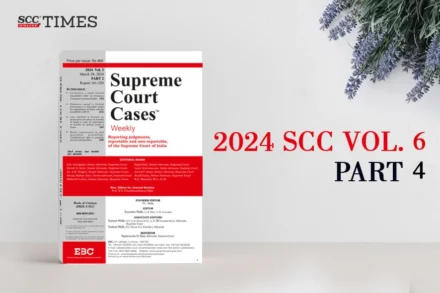
Arbitration and Conciliation Act, 1996 — Ss. 34 and 37 — Interference with award by Court: Law regarding limited jurisdiction of Court
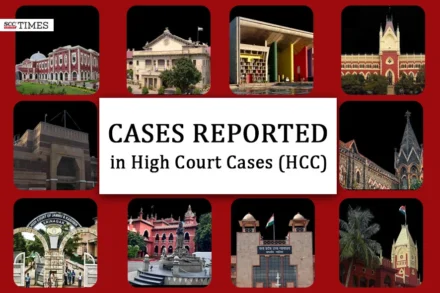
(2023) 1 HCC (All) GST — Search and Seizure — Determination of Tax — Challenge against the order wherein tax of Rs
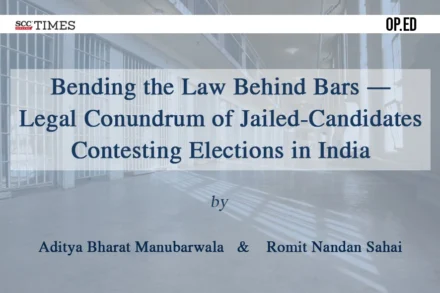
by Aditya Bharat Manubarwala* and Romit Nandan Sahai**
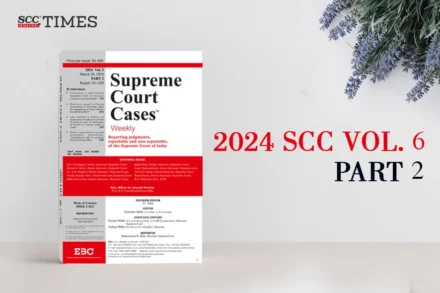
Arbitration — Arbitration and Conciliation Act, 1996 — Ss. 34 and 37 — Arbitral award — Validity of: Law explained on validity
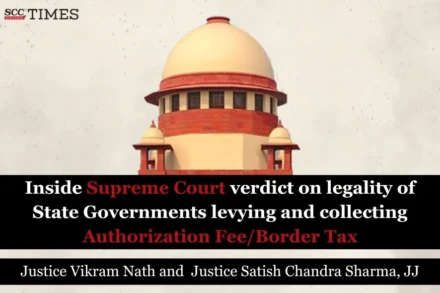
Supreme Court said the petitioners must consider challenging the State provision in the Act and that they should have first approached their jurisdictional High Courts to challenge their respective State enactments.

The Court reiterated the findings of the Supreme Court in State of Maharashtra v. Milind, (2001) 1 SCC 4, that the benefits drawn by a candidate not belonging to a scheduled tribe, must be considered to having been drawn on the basis of a false caste certificate; such benefits are required to be withdrawn.
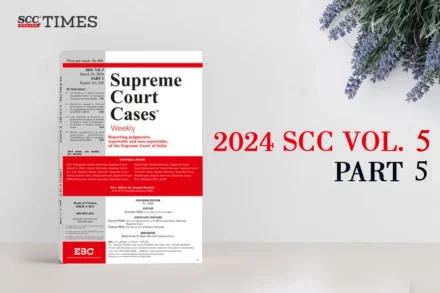
Admiralty (Jurisdiction and Settlement of Maritime Claims) Act, 2017 — S. 4(1)(f) — Suit for misdelivery of cargo and maritime claim by
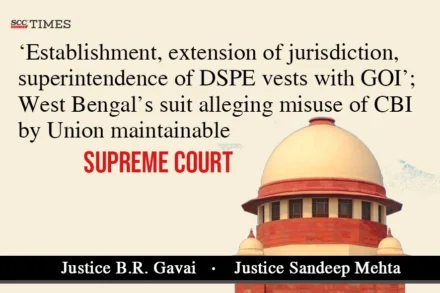
The State of West Bengal had challenged the CBI’s action of registering Suo moto cases for offences that occurred within its territory without any direction from the competent court or prior consent by the State.